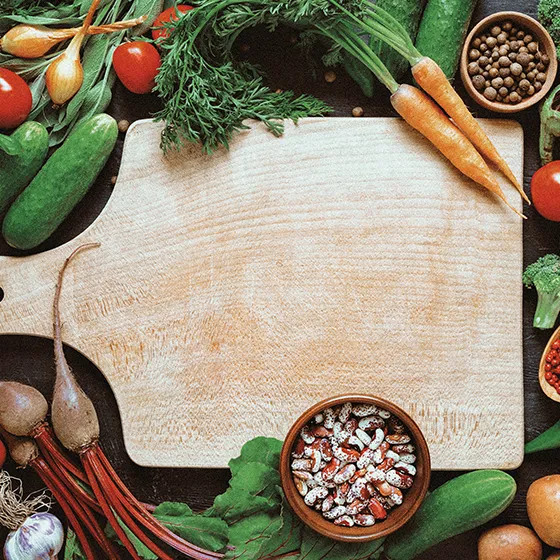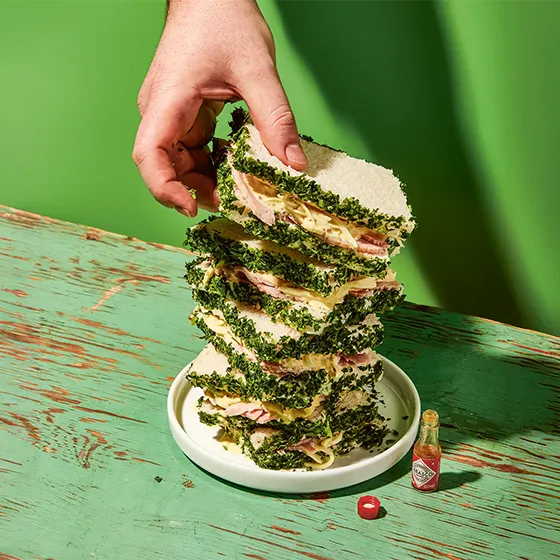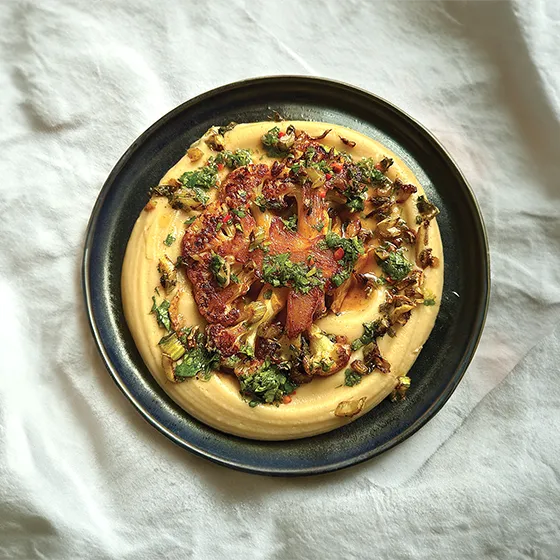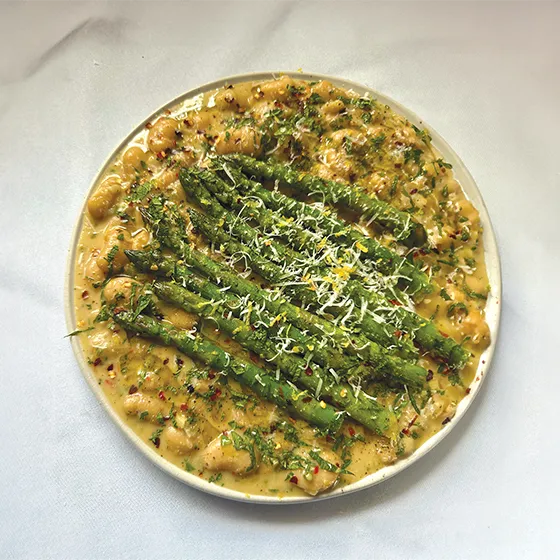Alfie Steiner talks to LK about food and his ‘Alfie Cooks’ channels on socials where he now has nearly 4m-plus followers for his plant-based tasty recipes.
What first drew you to plant-based cooking?
I completely stopped eating meat around four years ago for moral reasons, as I’ve always been an animal lover. Since then, sticking mainly to a wholefood, plant-based diet has forced me to be more creative in the kitchen, and I’ve realised this is an area of cooking with so much potential. This is the journey I’ve been documenting on my social media, and it’s amazing to see how interest has grown. I relish exploring fresh ways to use accessible ingredients to create plant-based versions of popular meals and sides – like a mushroom ‘doner’ or beetroot hummus.
That beetroot recipe helped launch your career and social platform…
Being inventive with items from the fridge or cupboard not only creates delicious dishes, but more importantly helps tackle food waste. I see what I have and then plan my recipes accordingly. I don’t really like beetroot, but I saw it sitting on my shelf and felt I should save it from the bin because it was still perfectly fine. I’m grateful that turning it into a tasty, pink-hued dip inadvertently helped kickstart my content creating career, but at the same time it’s a reminder of what can be done with just a little bit of love and attention.
What do you replace animal products with in your recipes?
When you’re cooking solely with plant-based ingredients, you’re looking for clever ways to replicate the flavour and texture – such as pulling mushrooms into strips, searing and marinating it. However, it’s also about experimenting with different types of vegetables by themselves – how are they best cooked? What would pair nicely with them? It’s so easy to whip up brilliant plates of food with very simple groceries. I think plant-based cooking opens up a world of possibilities where you are free to experiment.
What are your hero ingredients in the kitchen?
Tins of beans and chickpeas, as well as seasonal vegetables and protein like tofu. Harrisa paste adds a smoky, spicy and almost sweet flavour to dressings, sauces, marinades and dips. Similarly, tahini is great for making hummus and other dips, as well as sauces and using as a topping. Then there’s nutritional yeast, which is nutty, ‘cheesy’ and full of vitamin B12, which I add to pasta sauces, dressings and stews. The great thing is that a single jar of the latter three will last for ages and nothing will ever taste bland again.



















